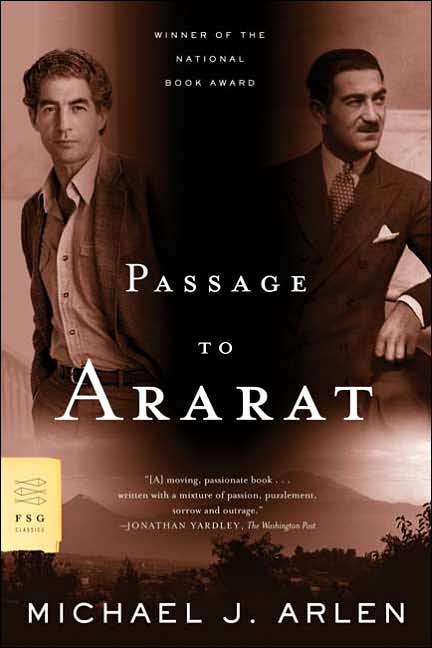Good Day fellow Book Clubbers!
A cold, damp and rainy day here in Vermont and a perfect day for my promised first comments/entry on our book of the month. I am about halfway through the book, and for those of you who have started reading
Angela's Ashes you will know that such weather fits Limerick (no not where we used to live in Pennsylvania the original one) to a "Tea"(yes I know that is grammatically incorrect but it fits the Irish theme).
Speaking of Irish a couple of quick observations before our stimulating food for thought questions.
I grew up in an Irish Catholic neighborhood (filled with cops and firemen). Granted they were mostly second generation Irish but I can certainly see some of their Irish cultural "traits" in McCourt's writing. No doubt Irish men enjoyed a nip or pint often to excess. Certainly my observation of our Irish friends and neighbors in Philadelphia was a genuine enjoyment in having a pint or a nip after a hard days work. In addition as I read this I think often of a friend of ours who grew up in an Irish/American family in Philly (Kensington). She described to us how her mother always asked for her medicine another term for a beer. She also testified that gourmet cooking (or cooking much of anything but meat and potatoes) was not a part of Irish culture.
Now Frank's father, Malachy McCourt, is obviously a troubled man as respects his drinking and it's effect on his personal life, and for him at least the "curse of the Irish" is no myth. Centuries of life in Ireland under English rule do not erase easily. One can see in Malachy the sense of hopelessness he felt in coping with both holding a job and supporting a family. His mantra to his children seems to revolve around dying for Ireland, and in an ironic way a few of them do.
Malachy is an extreme example (in my humble opinion). Those characters in the background reveal that most Irish men were able to cope while "enjoying the pint" in ways that did not preclude holding a steady job. They did this despite the suffering that the Irish experienced in America and Ireland both before and during the Great Depression. What I have found most interesting was even in the face extreme hardship the characters held to a strong sense that "begging" from others or taking what did not belong to you to survive was considered morally wrong. Even Malachy had such pride, although it was OK for his wife to "beg" for help.
OK enough with my overall impressions so far. Now on to some specific questions to ponder:
1. Early in the book Malachy enthralls Frank and his other children with tales of Cuchulain a mythical Irish hero. He is described in one passage of having a bird or birds on his shoulder. What type of bird where they? Hint-I kept seeing a pirate with parrot, I was wrong!
2. Within the Irish community there was a suspicion of those who "Drank the Soup". This was symbolic of submission to who?
3. The St Vincent De Paul Society played an important role in the community back in Limerick. What is their modern day equivalent here in America? (Hint I am not looking for St Vincent De Paul of America).
4. How many Chapters are their in the book? Added twist in your response please translate the Roman Numerals to binary code.
5. The Irish are often thought of as the most "catholic" of all European countries. For me this was humorously portrayed by Frankie's grandmother's horror at his reaction to taking first communion. What happened?
I will add this final comment and observation. While I agree with Barbara's comments about reading Liberian slang I must interject that for me the Irish slang...forget about it!
Keep reading and I will touch base one more time before wrapping up! Hopefully your responses will demonstrate your desire to have our real leader return to the bloggers seat!
Murray Rider
 LONE WOLF by Jodi Picoult
LONE WOLF by Jodi Picoult